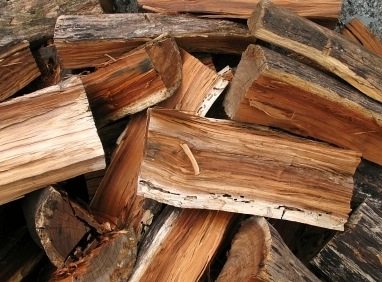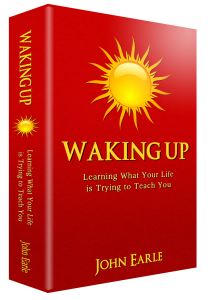Most of us live our lives in a dream state. In spiritual terms, we are “unconscious.” This is not a pejorative statement. It’s just the way things are. All of us share this general state of unconsciousness. In this state, we are usually lost in a story, fantasizing about the future or hanging out in the past. Wherever we are, we are not present.
This is what Rumi meant when he said, “for sixty years I have been forgetful.” Sometimes, he remembered to be aware, and sometimes he forgot. He added, “but not for one moment has this flowing towards me stopped or slowed.” That’s the good news. Life continues coming at us, whether we are aware or not, it doesn’t just stop when we aren’t there. But, if this wise, remarkable, insightful and mystical poet, this very conscious human being, was “forgetful,” what about us? Is there any hope for us?
A few weeks ago, in my Waking Up study group, we were talking about meditation and some of the distractions that often occur when we are sitting. We also discussed the fact that meditation is not just for the cushion, but that we can bring this practice into our daily lives by watching the mind throughout the day, and accessing awareness. We decided to initiate an awareness practice that would do this. In the next week, every hour we would take a moment and check in with ourselves. We would bring ourselves into the present and witness our emotional and physical state as in meditation. We even talked about using an iPod with the chime alarm to remind us do this.
The next week, when we gathered, I was surprised to find that only two people out of fourteen, had done the exercise, one very often and the other, three times. Rather than helping us to be more present and centered, the exercise had inadvertently demonstrated how lost in our stories we were! We were so unconscious that we were unable to leave our stories for even one, deliberately conscious moment during a week-long period!
During that week, I had pondered on creating a simple method that would force us to access awareness during the day, a method that would require no technical or mechanical aids. I like practices that are “on board,” that require no outside aid. I decided to use washing my hands. So, every time I washed my hands, I came into the present, enjoying the physical sensations of washing and drying my hands without thinking about anything else (grounding), and then, after the physical process, taking some deep breaths and witnessing my emotional and physical state. I found that, usually, there was some tension, and I let that go, using the breath. Then I carried my more present and grounded state with me into the world. I brought this idea to the group and we tried it the next week. The results were excellent.
There are many such habits and actions that can be used in this manner: gardening, chopping vegetables or making a meal, for instance. I discovered a really big benefit when I applied this practice to chores I usually groused about internally and didn’t like to do, chores I usually approach with the idea of “getting them over with,” like washing the dishes or washing lettuce. (I really don’t like the chore of washing lettuce for some weird reason). Suddenly these chores became a pleasure, as I entered them fully. I realized that this is the reward of mindfulness, “meditation in doing” I guess you could call it. These chores were transformed into places of quiet refuge during the busy day. I was “being” fully in my “doing,” and I remembered the encouraging Buddhist phrase “nothing to do, nowhere to go, no one to be,” and brought it into these moments too, as a helpful reminder to stay present.
By placing as many of these conscious moments into our day as possible, we alter our interior landscape in a very positive and fulfilling manner. Why not? We must do these things anyway. This practice also sheds more light on the old Zen proverb: “Before enlightenment chop wood, carry water. After enlightenment, chop wood carry water.” As we enter the present fully in these moments, we actually experience liberation, which in nothing more or less than the release from the fears, desires and imperatives of everyday life. The fact that this experience is momentary does not diminish its beauty or importance, and starting with small things is often so much easier than trying to eat the whole elephant! Perhaps, in time, we might even be able to enhance this old proverb, putting this new phrase in its middle: “During enlightenment, chop wood, carry water.”



 Using four, powerful but simple strategies, learn what the challenging stories in your life are trying to teach you.
Using four, powerful but simple strategies, learn what the challenging stories in your life are trying to teach you. 


No comments yet.